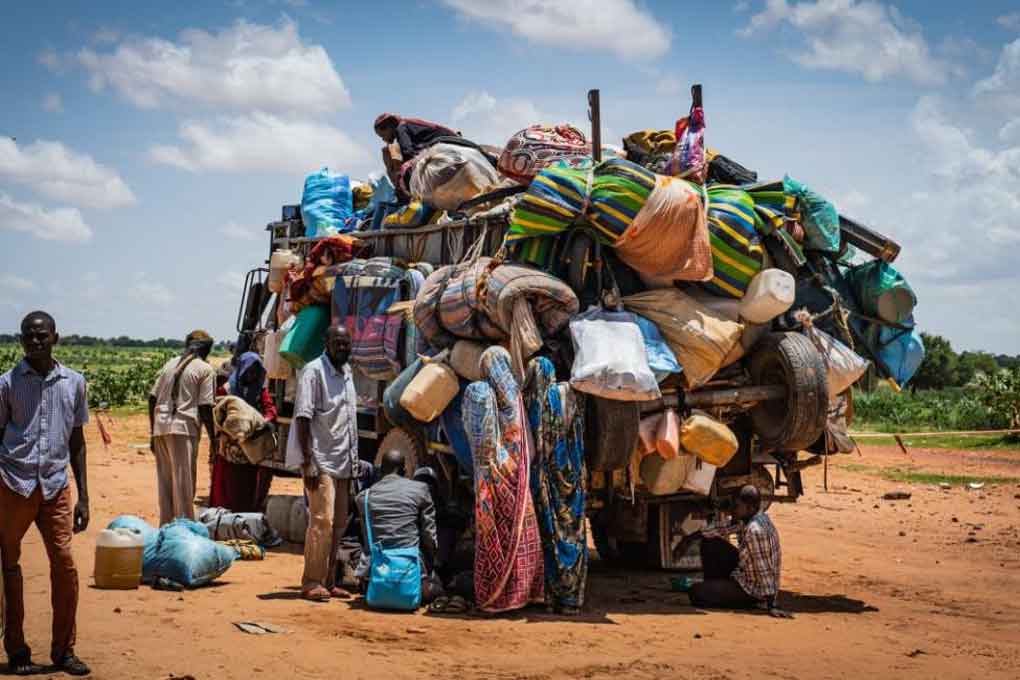Violent confrontations and natural disasters are among the triggers of forced movements, according to the report presented this Tuesday by the International Organization for Migration (IOM).
According to the new study, in the first instances, at least 60 percent of those internally displaced by conflicts or disasters already prefer to stay in the places where they are, instead of returning to their communities.
These conclusions, the organization said, challenge the common belief that what is always preferred is to return to the area of origin.
Among those displaced for more than five years due to disasters, an overwhelming percentage of 96 percent want to stay where they are, it illustrated.
Security, he said, emerges as the most important determinant: when people feel safe, 71 percent prefer to stay, while those who feel insecure may be more likely to consider returning to their places of origin.
Economic opportunities also gain value over time: among individuals displaced for five years or more, 25 percent cite livelihoods and employment as their top priority, compared with 18 percent for those displaced for less than a year.
While those affected by conflict may consider returning more often than those affected by disasters, the underlying factors remain consistent across contexts: security, stability and livelihood opportunities, the analysis found.
For two decades, IOM has been collecting data on internally displaced people, but there was a need for special evidence-based solutions and the Progress report “aims to fill this gap,” said IOM Deputy Director General for Operations Ugochi Daniels.
IOM said the new statistics and qualitative assessments provide crucial guidance on how to create and support durable solutions for millions of people in crisis.
The survey included more than 116,000 household surveys and 463 qualitative consultations in 12 countries, IOM said.
ef/mem/mjm










